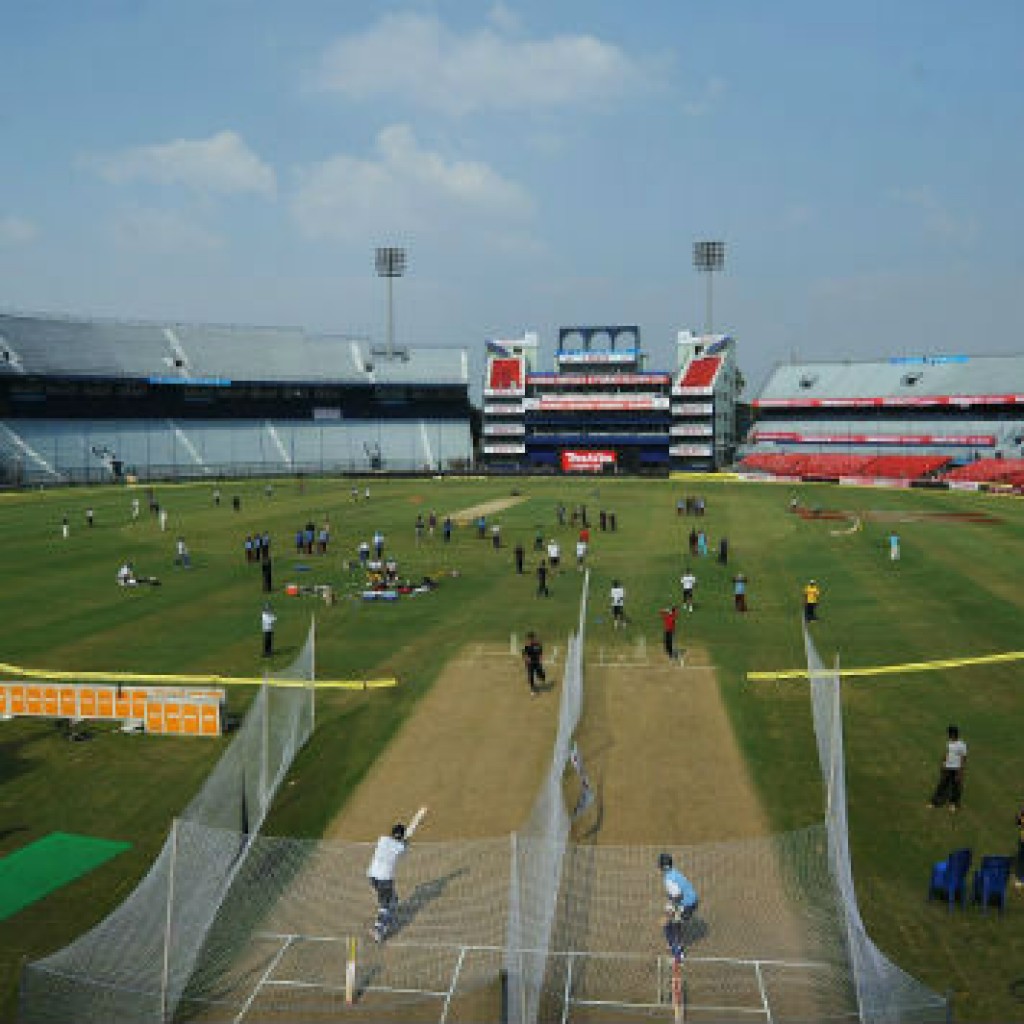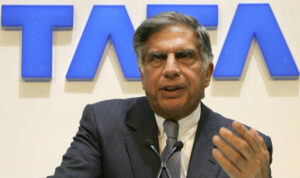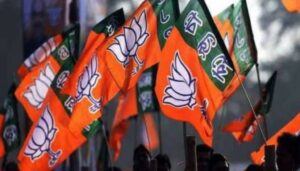Cricket’s Impact on Indian Society: Analysing the Passionate Craze

Cricket, a sport that originated in England, has become more than just a game in India. It has evolved into a national obsession, deeply ingrained in the country’s culture and society. From its colonial pastime to its influence on Indian politics and economy, cricket has left an indelible mark on the nation.
Presently, fans of the sport can watch India take on Australia in the T20I series. After India took a 2-0 series lead against Australia, the Aussies bounced back with a victory in match three. India can still clinch the 5-match ODI series by winning the fourth match, which takes place Friday, 1 December, at 19:00 Local (06:30 MST). Savvy punters will be looking for promotions like this parimatch bonus code to learn more about the cricket games and odds.
Now, let’s delve into the various aspects of cricket’s impact on Indian society.
From Colonial Pastime to National Obsession: The History of Cricket in India
Introduced to India during the British colonial era in the 18th century, cricket was initially played by the British elite, but gradually, it gained popularity among the Indian population as well. The first cricket club in India, the Calcutta Cricket Club, was established in 1792. Over time, cricket became a symbol of resistance against British rule, with Indian players showcasing their skills and challenging the dominance of their colonial masters.
After India gained independence in 1947, cricket continued to grow in popularity. The Board of Control for Cricket in India (BCCI) was formed in 1928 and became the governing body for cricket in the country. The Indian cricket team achieved its first major success by winning the Cricket World Cup in 1983, capturing the imagination of the entire nation and cementing cricket’s place as a national obsession.
Cricket and Independence: How the Sport Shaped India’s National Identity
Cricket played a significant role in shaping India’s national identity. It provided a platform for Indians to showcase their talent and assert their cultural identity. The victories of the Indian cricket team against their former colonial rulers were seen as a symbol of triumph over oppression and a source of national pride. The sport became a unifying force, bringing people from diverse backgrounds together under the banner of Indian cricket.
The dismantling of social barriers was another important contribution of cricket. It provided opportunities for players from humble backgrounds to rise to fame and success. Icons like Sachin Tendulkar and MS Dhoni, who came from modest beginnings, became national heroes and inspired millions of aspiring cricketers across the country.
Cricket Mania in India: A Cultural Phenomenon
Cricket has become deeply embedded in Indian culture. It is not just a sport but a way of life for millions of Indians. The passion for cricket can be witnessed in every nook and corner of the country. Streets are deserted during important matches, and people gather around televisions in homes, offices and even on the streets to catch a glimpse of the action.
The Indian Premier League (IPL), a professional Twenty20 cricket league, has further fueled the cricket mania in India. It has become a festival of sorts, with fans supporting their favourite teams and players with unmatched enthusiasm. The IPL has also opened up avenues for young talent, providing them with a platform to showcase their skills and earn lucrative contracts.
The Business of Cricket: Exploring its Influence on the Indian Economy
Cricket is not just a sport; it is a multi-billion dollar industry in India. The Indian cricket team’s success and the popularity of the sport have attracted massive investments from sponsors, broadcasters and advertisers. The BCCI, being the richest cricket board in the world, generates significant revenue through broadcasting rights, sponsorships and ticket sales.
The IPL, in particular, has emerged as a major contributor to the Indian economy. It generates revenue through ticket sales, sponsorships, merchandise and media rights. The league has also created employment opportunities for thousands of individuals, including players, coaches, support staff and event organisers.
From the Pitch to the Parliament: Cricket’s Impact on Indian Politics
Politics and cricket have often intertwined in India. Many cricketers have transitioned from the pitch to the parliament, using their popularity and fan base to enter the political arena. Former cricketers like Navjot Singh Sidhu, Mohammad Azharuddin and Gautam Gambhir have successfully made the transition and become prominent political figures.
Cricket has also been used as a tool for diplomacy between India and other nations. Matches between India and Pakistan, for example, have often been seen as an opportunity for peace talks and diplomatic exchanges. The sport has the power to bring people together and bridge political divides.
In conclusion, cricket’s impact on Indian society cannot be overstated. It has evolved from a colonial pastime to a national obsession, shaping India’s national identity, culture, economy and even politics. Cricket has become an integral part of the Indian way of life, uniting people and providing moments of joy and pride. It is a testament to the power of sports in transcending boundaries and bringing people together.







